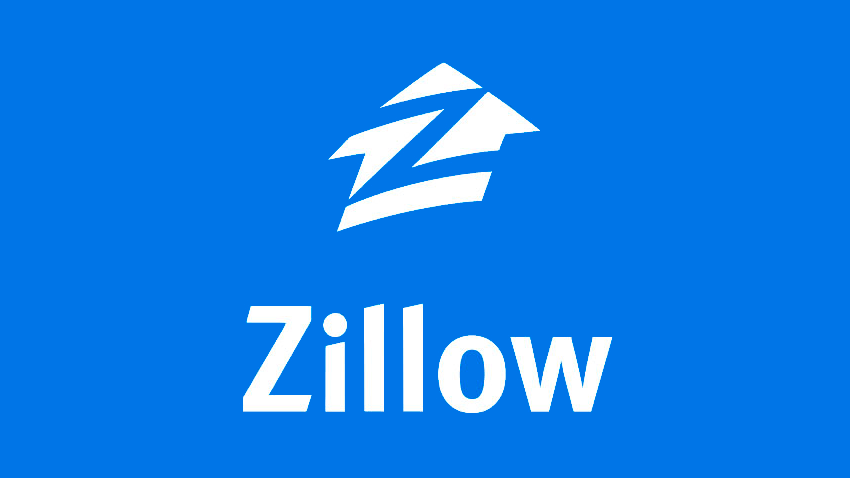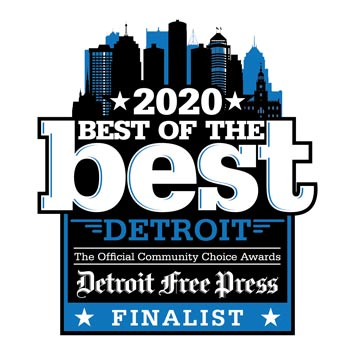While Zillow got its start as simply a place to list and view homes for sale and find local real estate professionals to work with, the company has dramatically shifted its strategy the last few years. Zillow’s former business model was built almost completely on ads, but not anymore. Recently released features include:
- Instant Offers: This allowed sellers an opportunity to get cash offers right through Zillow from selected investors interested in buying. This only applied to certain markets, but it all happened on Zillow.
- Offers Program: Zillow also become an online home buyer, where the company would buy homes from sellers, make updates and list the homes again, as quickly as possible. This feature eventually expanded into many markets.
- Zillow Home Loans: Last year Zillow acquired Mortgage Lenders of America and just this month has launched a rebranded version of the service, Zillow Home Loans.
While the company started by simply connecting buyers, sellers and local real estate pros, now Zillow is actually facilitating home transactions, flipping houses and offering mortgage services. In addition to all these features, the company has built a massive audience. Here’s some data:
- 195 million monthly visitors
- 80% of US homes have been viewed on Zillow
- 50% of Zillow and Trulia visitors are planning to buy or sell
- 37% of Zillow audience has household income of $100K+
With this massive audience and these robust features, will Zillow become one-stop shopping for real estate? Should the entire industry (agents, lenders, inspectors, etc.) be concerned?
The short answer is yes, but up to a point. Zillow has already changed the way homes are bought and sold. People no longer have to visit homes and waste time on the ones they don’t want. All of the research can happen online. This fact has changed how agents work with clients on the buy side, serving more as an advocate of the buyer’s interests and less of a salesperson.
That’s just one way Zillow has transformed the residential real estate world and these additional services are sure to do the same. However, the reality is people like to work with other people. No matter how great automation or tech becomes, especially when it comes to making the biggest purchase of your life, the personal touch has a value.
We’re dealing with the buying of a home. It’s extremely personal, emotional, stressful and exciting. The people that help drive this process can add value by doing what technology can’t – be human and be available.
Zillow is not going anywhere and with its size and funding it is here to stay. Fighting change in the market isn’t going to do anyone any good. Learning to work with Zillow and finding ways to set yourself apart by adding value is more important than ever.
So yes, Zillow is a behemoth that will disrupt all facets of the real estate world. But where technology fails or where personal attention is required, nothing can compete with local professionals that understand the market, customer needs and are willing to meet in person. That level of service simply can’t be automated.




